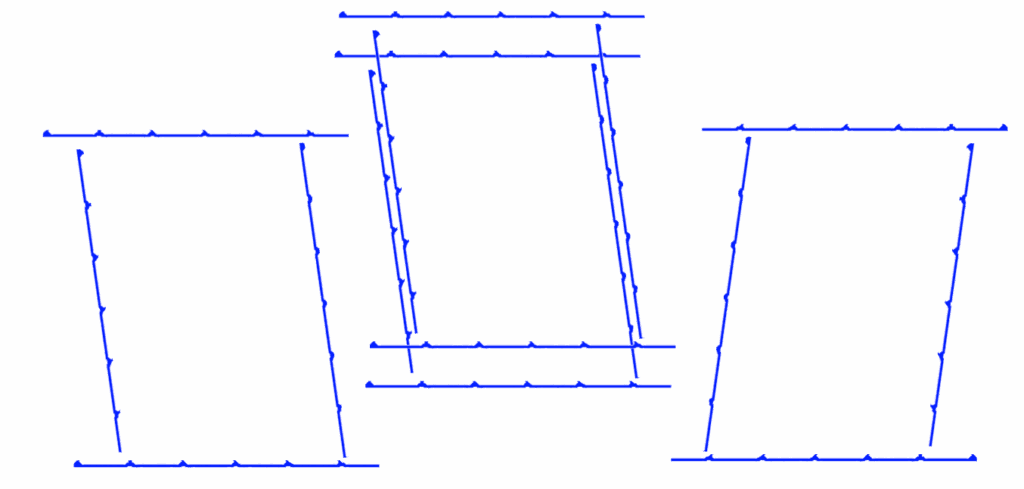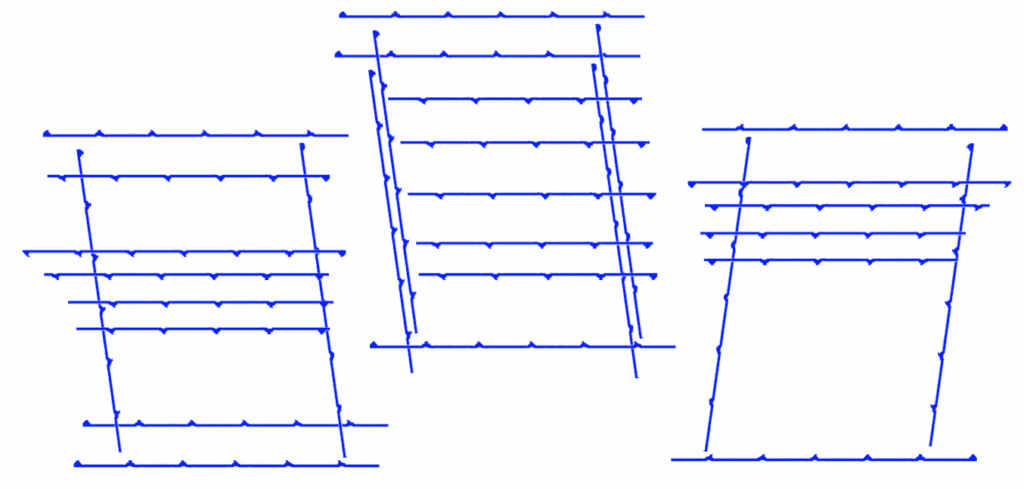CALL FOR PAPERS

FDG´ 26, Copenhagen, Denmark, August 10-14, 2026
The 21st annual Foundations of Digital Games (FDG) conference invites researchers, educators, and practitioners to submit original research contributions. We welcome submissions in the form of full and short papers, posters, demos, doctoral consortium applications, and proposals for panels, competitions, and workshops. FDG invites contributions from within and across any discipline committed to advancing knowledge on the foundations of games, including computer science, engineering, mathematics, natural sciences, humanities, social sciences, arts, and design.
Theme:
Research through GamEs; Research for Games
The special theme for FDG 2026 is “Research through Games; Research for Games.” This theme highlights a core strength of FDG: bridging the gap between scientific and humanistic approaches to games research by exploring the dual role of games as both objects of study and powerful tools for discovery.
Research through Games recognizes that games are unique, controlled systems—or “petri dishes”—where we can experiment with and learn about human psychology, behaviour, culture, and social dynamics. They act as observable environments for understanding the human condition. We invite submissions exploring this facet, such as:
- Analytics and AI research using player data to model human decision-making or building believable agents to simulate human behaviour.
- Research on Games Beyond Entertainment demonstrating how serious games can serve as effective experimental models for learning, health, or civic engagement.
- Design and development work that creates novel mechanics specifically to elicit and observe particular human responses or socio-cultural phenomena.
Research for Games focuses on the analysis, design, and development of games themselves. By critically examining games and advancing the technologies and practices used to create them, we can build more engaging, effective, and meaningful experiences. We encourage submissions focused on this aspect, including:
- Technical contributions that provide new tools, engines, and platforms (e.g., in VR/AR) for creating more sophisticated and compelling games.
- Humanities-informed criticism that treats games to analyse how they cultivate, reflect, and challenge societal norms, ideologies, and cultural values.
- Research that furthers the practice of game design through the scholarly examination of game-making practices, patterns, mechanics, and aesthetics.
While all work related to digital games is welcome, special consideration will be given to submissions that relate to this year’s theme. Themes are open to interpretation; if you believe your work falls under this theme, please mark it as such on the submission portal.
PAPER SUBMISSIONS
FDG invites authors to submit papers reporting new research. Submissions must be anonymized by removing any identifying author and institution information. Papers must be submitted in the ACM SIGCONF version of the ACM Master Template. The length of a paper should be commensurate with the contribution of the paper. Submissions must be made here.
• Full Papers: Full papers can be up to ten pages in length, excluding references and appendices. Two columns.
• Short Papers/Late-Breaking Papers: Up to six pages, one column or four pages, two columns in length, including references.
• Abstracts: Abstract-only submissions should be submitted to the “Abstract” track, regardless of thematic area, and may be up to five-hundred words. Accepted abstracts will not be published in the conference proceedings, but abstract authors will be given an opportunity to give an oral presentation of their work at the conference
When submitting, authors will be asked to select one of the conference’s tracks. Please note that for regular papers, you are required to submit an abstract first to register your submission.
The reviewing process is double-anonymised. Papers will receive three reviews along with a meta-review from the Track Chair. Authors will have an opportunity to provide a response to the initial reviews before final decisions are made. All authors are asked to review at least one paper for the tracks to which they have submitted.
Appendices should be kept short and concise to ensure readability. They will not be considered during review.
Remote participations: FDG’26 will feature hybrid sessions allowing for remote presentations.
IMPORTANT DATES
All deadlines are at 11:59pm (23:59) Anywhere on Earth (AoE).
Please note that due to proximity to the holidays, there will be no extensions!
Workshop, Competition, and Panel Proposal Submissions: 21 November 2025 5 december 2025
Abstract Deadline (for Regular Papers): 5 December 2025
Regular Paper Submission Deadline: 15 December 2025
Regular Paper Notifications: 1 February 2026
Late-Breaking Short Papers & Games/Demos Deadline: 30 March 2026
Doctoral Consortium Deadline: 30 March 2026
REVIEW PROCESS
The reviewing process is double-anonymised. Papers will receive three reviews along with a meta-review from the Track Chair. All authors are asked to review at least one paper for the track(s) they have submitted to.
CONFERENCE TRACKS
Technical Game Development: For research that advances game development practices, including engines, graphics, rendering, animation, networking, and novel interaction techniques (VR/AR).
Game Design, Studio Practices, and Novel Player Experiences: For research that furthers the practice of game design and development through scholarly examination of game making practices, patterns, mechanics, dynamics, or aesthetics.
Game Analytics and Visualization: For research related to data science, game analytics, game data visualization, and analysing player behaviour. This track directly engages the conference theme by treating games as data-rich environments to understand human activity.
Game Artificial Intelligence: Focuses on the applications of AI to the playing, design, development, and testing of games, including game-playing AI, procedural content generation, believable agents, and AI-assisted design.
Game Criticism and Analysis: Calls for papers that approach games from humanities-informed perspectives such as cultural studies, critical theory, and narrative or visual studies.
Games Beyond Entertainment: For research on games where the primary goal is not entertainment, including serious games, educational games, games with a purpose, and gamification.
Games Pedagogy: Concerned with the teaching of games, game development, and game-related concepts at all levels of education.
Generative AI: Concerned with the use of generative AI for game development, analysis, and as subject of study.
OTHER SUBMISSION CATEGORIES
Abstract Track: For scholars who wish to present work without having it published in the proceedings. Accepted abstracts will be given an oral presentation slot.
Late Breaking Short Papers: For smaller scale studies, work in progress, and vision studies. Accepted papers are presented as posters and included in the proceedings.
Games and Demos: A forum for demonstrations of games in various stages of development and technical demos of new tools and systems.
Doctoral Consortium: An opportunity for PhD students to discuss their research with fellow students and senior faculty mentors.
Workshop Proposals: FDG provides a venue for full-day or half-day workshops on emerging game-related topics, especially those that are interdisciplinary.
Competition DEMO Proposals: A venue for the submission of community-driven solutions to complex game-related problems.
Panel Proposals: Friendly debate-style panels that bring attention to emerging areas and topics are welcome, especially those that address the conference theme.
STATEMENT OF VALUES
The organizers of FDG 2026 affirm the event’s commitment to scholarly integrity, collegiality and professionalism, and inclusivity towards scholars of all backgrounds.
QUESTIONS
For any questions, please do not hesitate to reach out to the organizing committe.
